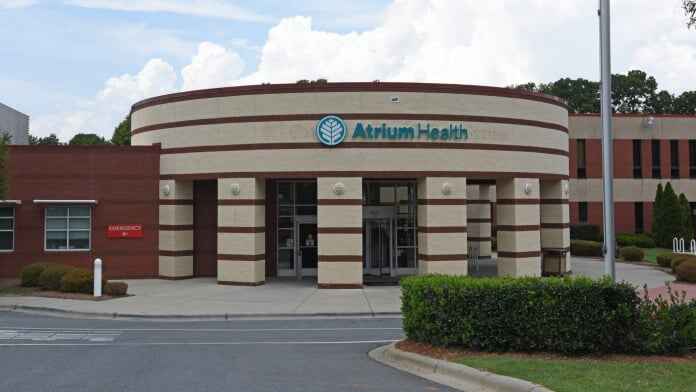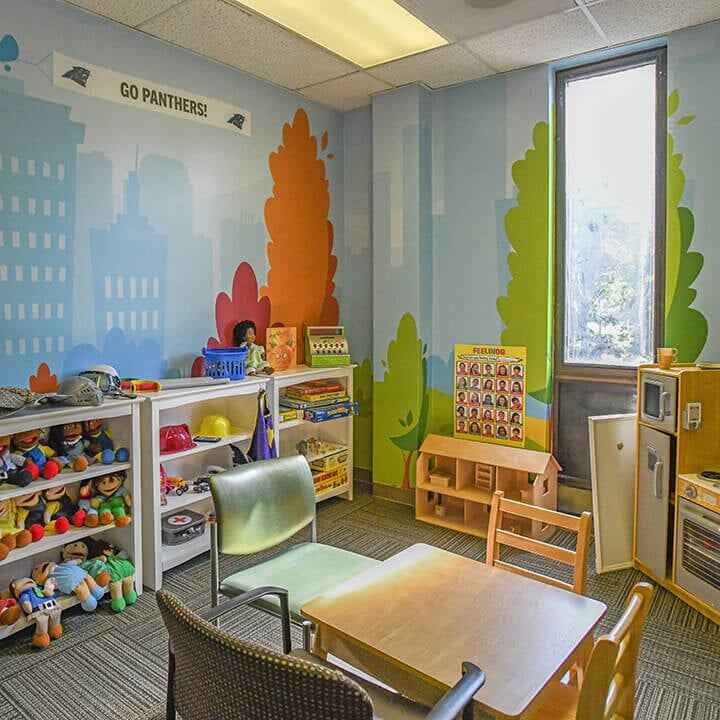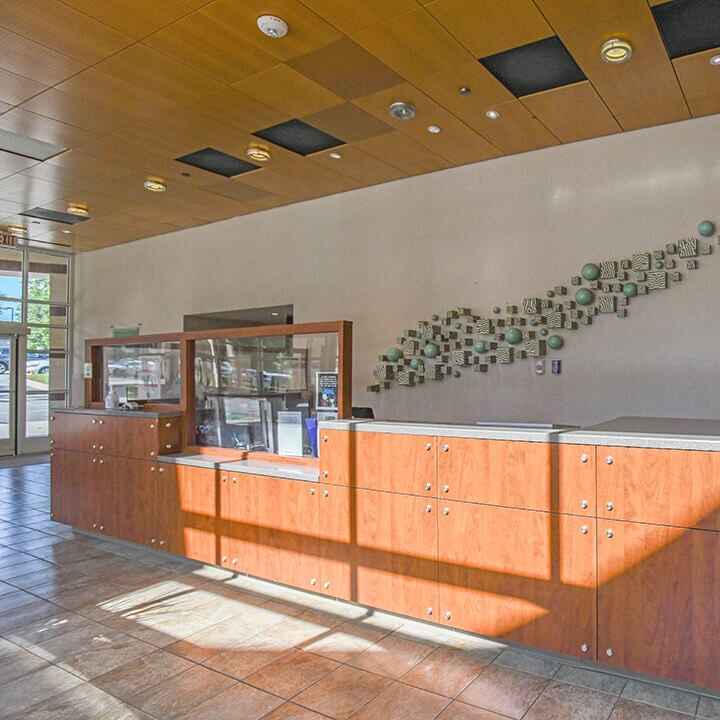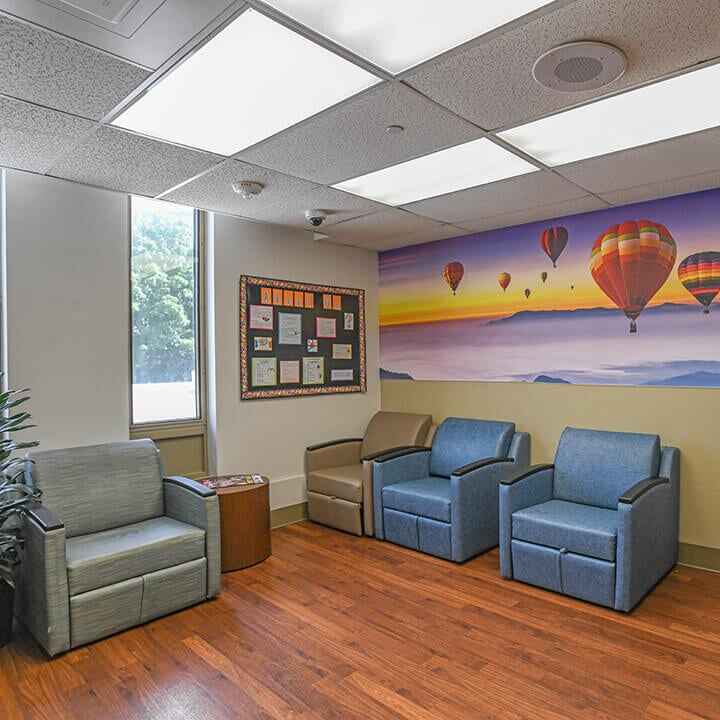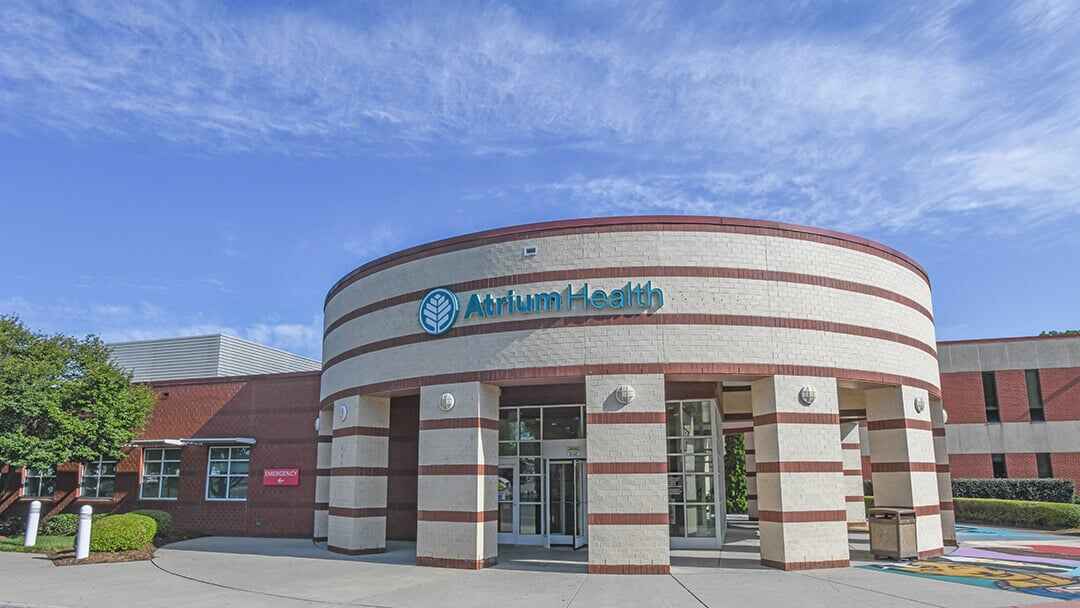About Atrium Health Behavioral Health – Charlotte
For those battling alcoholism and drug addiction, Atrium Health Behavioral Health in Charlotte, North Carolina, provides evidence based treatment options. They are a facility of Carolinas Medical Center. They are the only specialized psychiatric emergency room in the area.
Their comprehensive inpatient medical detox provides round the clock supervision to guarantee a safe transition away from drugs. They use medication and therapeutic techniques to control withdrawal symptoms. They offer a structured 12 week program for those who would rather receive outpatient care. This program provides sessions that are designed to support and educate you while you put your newly learned skills to use in your everyday life.
They treat alcohol, opioids and multi substance use among other substance addictions. Based on the 12 Step recovery principles, their programs emphasize your mental, physical and spiritual health. They perform comprehensive substance use assessments to determine the right level of care for you. They offer medication assisted treatment (MAT) which successfully treats addiction by restoring normal brain function and reducing cravings. They also provide DWI assistance. They ensure comprehensive care by addressing substance use and any co-occurring psychiatric disorders at the same time.
They offer therapies like cognitive behavioral therapy, which assists in changing negative thought patterns and helping you form healthier habits. Their dialectical behavior therapy encourages balance through mindfulness, while motivational interviewing strengthens your resolve to make changes for the better.
To improve your coping mechanisms, mend relationships and uncover the underlying causes of your substance use, individual counseling is offered. Group counseling sessions offer further support through shared experiences, while family counseling promotes better communication and settles conflicts within the family.
Aftercare options they offer are centered on symptom management, relapse prevention planning and putting you in touch with local resources. Education on recovery tools, access to group meetings for continued support and direction for families navigating recovery together are all part of their aftercare treatment.
